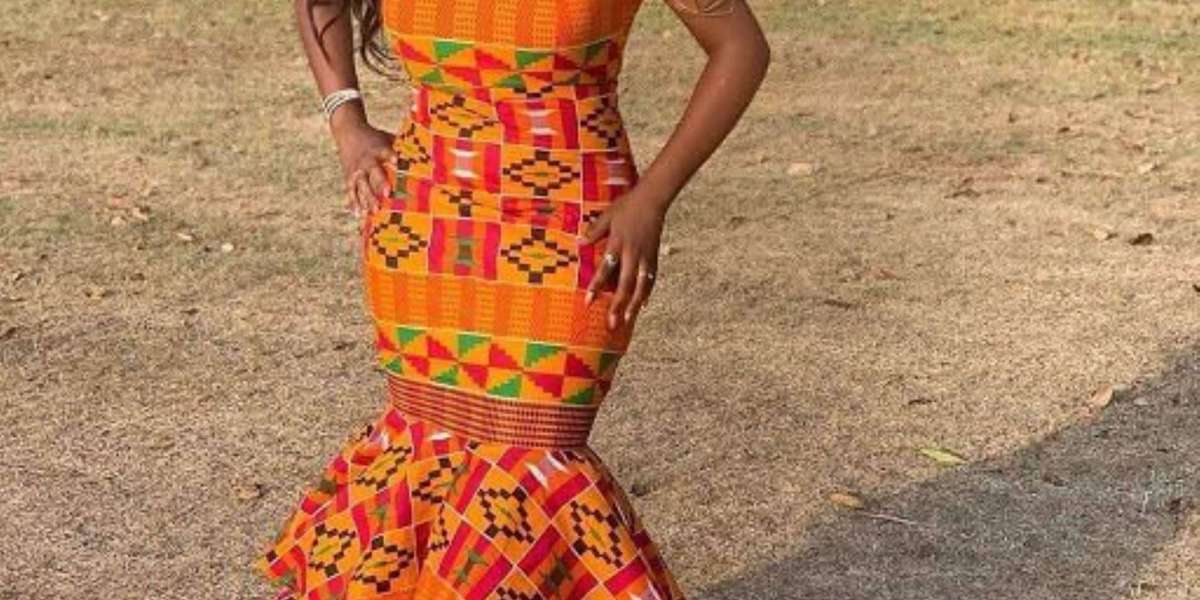African attire for women is more than just a way to look stylish—it’s a deep expression of culture, heritage, and identity. Across the African continent and beyond, traditional clothing is a symbol of pride, history, and belonging. Whether it’s the vibrant Ankara prints, the regal Kente cloth, or the flowing Boubou, each piece of African attire tells a unique story. In a world where fashion trends constantly change, African attire remains a timeless representation of identity, passing down stories from generation to generation.
The Cultural Significance of African Attire
Unlike many modern fashion trends that focus solely on aesthetics, African attire for women holds deep cultural meaning. Each fabric, color, and design reflects the values, traditions, and history of a particular region or ethnic group. For instance, Kente cloth, originating from Ghana, is often worn during significant ceremonies such as weddings and coronations. The intricate patterns and bold colors of Kente each symbolize different virtues like wealth, wisdom, and leadership. Similarly, the Dashiki, popular in West Africa, signifies unity and pride.
Many African women wear traditional clothing to honor their roots and embrace their heritage. Even in modern settings, such as corporate offices or social events, African attire is a powerful statement of identity and cultural appreciation. It’s a way of staying connected to one's ancestry while embracing contemporary fashion.
African Attire as a Form of Empowerment
Beyond its cultural significance, African attire for women represents empowerment and self-expression. In recent years, there has been a strong movement towards embracing natural beauty and traditional fashion rather than conforming to Western standards. African women proudly wear their traditional clothing as a declaration of self-love and confidence.
Many designers across Africa and the diaspora are bringing a modern twist to traditional fashion, creating stylish yet meaningful pieces that celebrate African identity. From casual wear to formal attire, African fashion is evolving while still preserving its essence. The increasing popularity of African fashion worldwide is not just about new clothes hitting the market—it’s about reclaiming narratives and embracing African heritage on a global stage.
African Attire in Celebrations and Everyday Life
In African culture, attire plays a crucial role in celebrations and important life events. From weddings and naming ceremonies to festivals and religious gatherings, the right outfit is carefully chosen to reflect the occasion’s significance. Brides often wear stunning lace dresses or elaborately beaded garments, while family members coordinate outfits to symbolize unity.
However, African attire is not just reserved for special events. Many women incorporate traditional elements into their daily wardrobes, blending African prints with modern styles. Whether it’s a chic Ankara dress for a casual outing or a beautifully embroidered Kaftan for a formal dinner, African attire allows women to celebrate their heritage every day.
Conclusion
African attire for women is more than just fashion—it’s a representation of identity, culture, and empowerment. Through vibrant colors, rich patterns, and intricate designs, African clothing tells stories of history, pride, and resilience. As the global fashion industry embraces African styles, it is essential to recognize the deeper meaning behind these garments. Whether worn for celebrations or as everyday wear, African attire continues to be a powerful statement of heritage and self-expression, proving that fashion can be both beautiful and meaningful.



